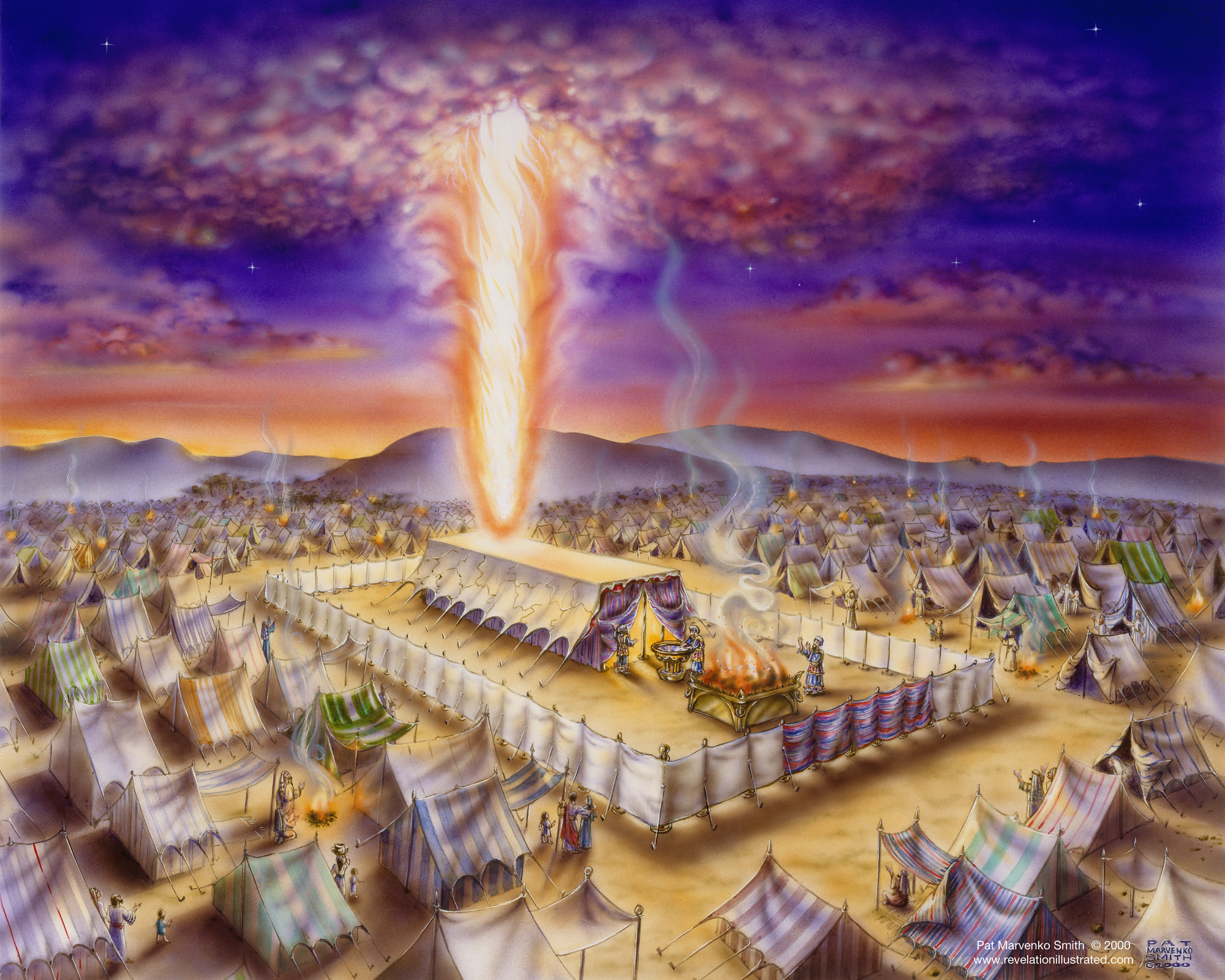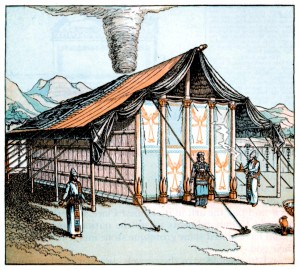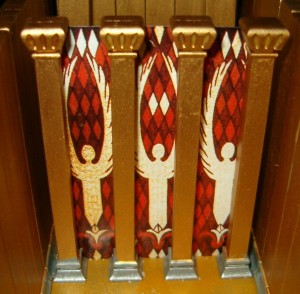
Many people hear the word of Elohim, but few do the word of Elohim. There is a big difference between the two. In Hebraic thought, if you don’t do it, you didn’t really hear it!
Amos 8:11, A famine…of hearing. Hearing is the Hebrew word shema, which has the compound meaning of both hearing and doing. In our modern world, the word of Elohim is more proliferated than ever before, especially with the advent of the internet. Many people have access to Elohim’s word and hear it, but very few actually do it. There are many people who are religiously active following the traditions and doctrines of men, but very few who actually read, study and then actually bring their lives into conformity with the actual word of Elohim. To do so is the biblical definition of hearing.
Amos 8:12, Run to and fro. Not only is there a famine “of hearing the words” of YHVH, but the prophetic word of Elohim is also scarce, and people are running to and fro seeking it.
Earlier in the Book of Amos, YHVH promises to do nothing except that he reveals it first to his servants the prophets (Amos 3:7). The prophet throughout his little book rebukes the people of his day for their greed, idolatry, injustice, pride and their refusal to repent of their errant spiritual ways. Perhaps it was because of Israel’s state of spiritual apostasy that prophets were so scarce in that day, which is why people were having to run to and fro over long distances seeking a true prophetic word from Elohim.
We read in Proverbs that without a prophetic vision from Elohim that is based on a solid foundation of Torah, YHVH’s people perish or become spiritual unloosened or unrestrained (Prov 29:18). There are plenty of carnal or profane prophets in the modern church who prophesy out of the dictates of their own hearts without any understanding of the Torah and do little good for the spiritual well-being of YHVH’s people (see Jer 23; Isa 28; Ezek 13; 28).
In addition to that, when a true prophet would speak, Amos complained that the people hated hearing such a prophet (Amos 5:10). The same is true today. People are people. Why should YHVH send one of his prophets to such people? The people won’t hear him anyway.
It’s ironic how YHVH’s people have this strong yearning to hear a prophetic word from YHVH (probably because of the human yearning to divine the future), but when he sends one of his true prophets to deliver it, the people refuse to hear it (because with future predictions of YHVH’s prophets comes the message of repenting of sin,which people don’t want to hear).
Ezekiel noted this proclivity of YHVH’s people and complained about the problem (Ezek 33:30–33). The people want to hear the prophet’s words, but they don’t want to obey the word of YHVH because it goes against their carnal desires (Ezek 33:31). Ezekiel goes on to predict that eventually, though each generation tends to reject the prophets YHVH sends to them, once the prophets are dead, subsequent generations would recognize them as true prophets (Ezek 33:33).
Indeed this was the case, for later generations of Jews accepted those rejected prophets as divinely sent and put their writings into the canon of Scripture. Yeshua noted this phenomenon in the Gospels (Luke 112:46–51 cp. Matt 23:31–36). That generation now accepted the prophets of old that their forefathers had rejected, but following in the same path as their forefathers,and in their own day, they rejected Yeshua — the greatest Prophet of all.







